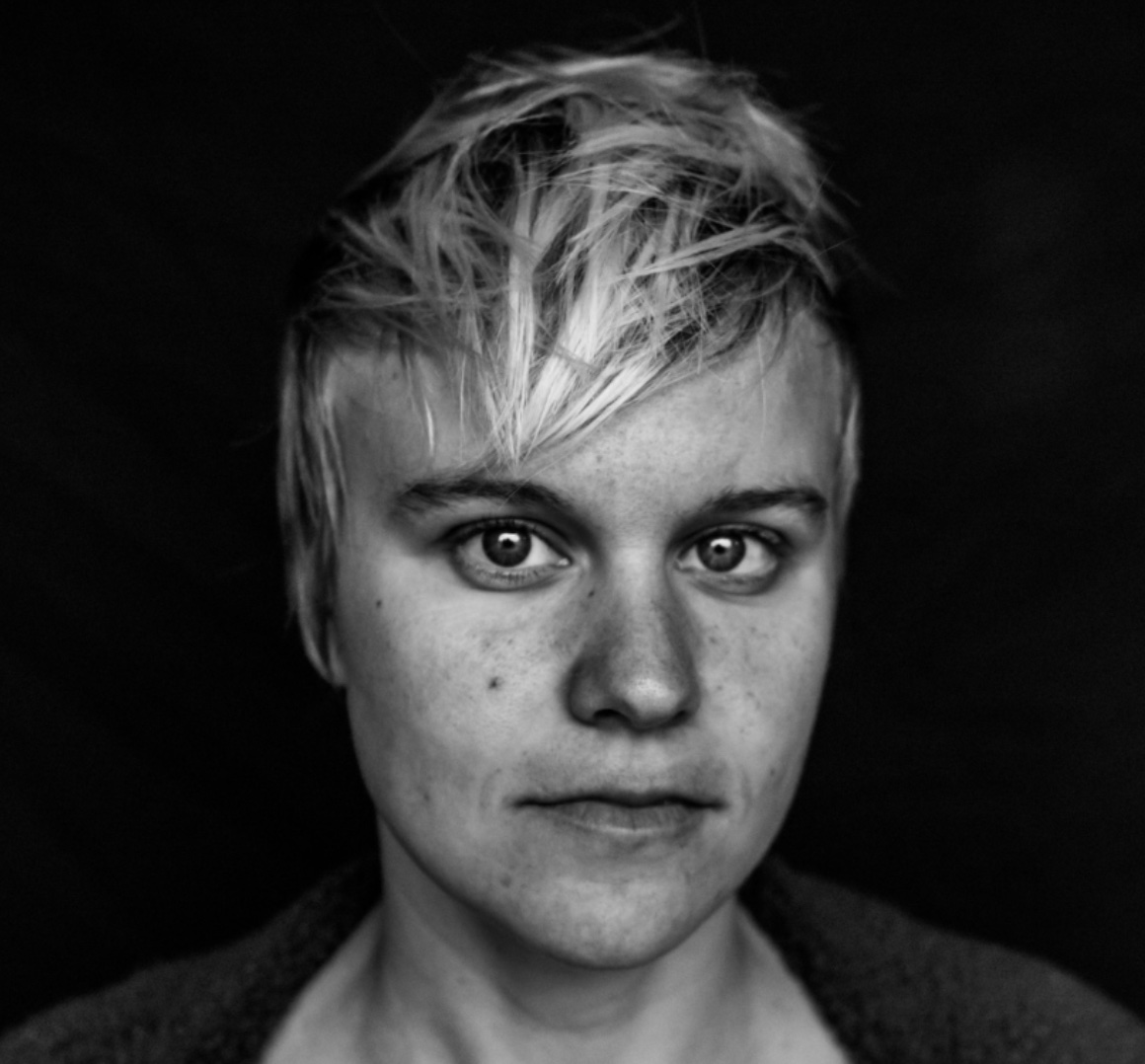By Macy Roberts, CEHHS Student Reporter, Class of 2024
Leala Holcomb, a postdoctoral research associate studying Strategic and Interactive Writing Instruction in the University of Tennessee, Knoxville’s College of Education, Health and Human Sciences (CEHHS), is the recipient of an Early Promising Scholar/Career Award presented at the Association of College Educators – Deaf and Hard of Hearing International Conference.
The conference took place in San Antonio, Texas, from Feb. 2-4 with the purpose of disseminating latest research pertaining to deaf education through presentations, workshops and roundtables. On the final day, awards were presented at a closing banquet co-sponsored by the Rochester Institute of Technology and University of Tennessee, Knoxville.
According to the ACE-DHH website, “The Early Promising Scholar Award is to honor a young scholar in the field of deaf education who has shown an early record of a promising career in both teaching and research.”
To be eligible for the award, various requirements must be met within five years after nominees receive their doctoral degree. For example, nominees must have attended three or more ACE-DHH conferences, taught in a deaf education teacher preparation program for at least four years and published at least four peer-reviewed publications. Nomination letters also must have 10 supporting signatures.
According to Holcomb, receiving the Early Promising Scholar/Career Award came as a surprise.
“I feel humbled and honored to have been chosen for my work thus far in service, teaching and research.”
During the award presentation, Holcomb was recognized for their extensive knowledge in the deaf education field as demonstrated in their non-profit organization dedicated to creating resources that promote language play in American Sign Language, their involvement to enrich deaf education courses at the University of Tennessee, Knoxville, their efforts in advancing deaf education internationally and their research publications. They also were invited to be a guest editor for the Journal of Languages and a senior reviewer for the Journal of Deaf Studies and Deaf Education.
“This award should be shared with my wonderful mentors who helped me turn into a dynamic researcher,” Holcomb said. “Through their apprenticeship, I was able to exercise my passion and curiosity by conducting various types of experimental studies on teaching methods with deaf learners.”
Holcomb has applied for a grant as the lead researcher “to develop an instructional framework that can be used to facilitate young deaf children’s composition skills in signed language.” They hope receiving the Early Promising Scholar/Career Award will aid in effectively demonstrating their capability of leading research projects outside of their mentor’s research lab.
Holcomb’s drive is clear to those who have worked with them, and their long lineage of deaf family’s involvement in advancing deaf education is largely what inspired their passion.
“At the dinner table, I listened to my deaf parents and deaf grandparents exchange stories about their childhood struggles with ableism and linguicism at home from their own hearing parents and in school from educational professionals. For optimal accessibility and learning, the importance of signed language in addition to other languages is a core value of deaf communities,” Holcomb said.
According to Holcomb, American Sign Language/English teaching approaches continue to be controversial and not widely accepted due to the monolingual bias and a disproportionate amount of focus on oral training.
Holcomb feels fortunate to have attended California School for the Deaf, Fremont, in their youth. This school was one of few in the country that embraced providing general education to deaf students through American Sign Language and English, but research and training were still lacking in the larger field.
“When I became a teacher of the deaf, I used teaching methods that were passed to me from my family’s homegrown practices,” Holcomb said. “The methods I used felt intuitive and were centered on deaf ways of teaching and learning, but there has been limited attention on their efficacy. For this reason, I decided to pursue a doctoral degree to investigate multilingual pedagogy through a deaf-centered lens.”
At the ACE-DHH conference, one colleague that signed Holcomb’s nomination letter described Holcomb as “a pioneer in the field of deaf education” and said “there is no doubt that they will be leading our field in new directions for years to come.”
Holcomb’s intelligence, drive and success are noticed and appreciated by many scholars in the deaf education field. Holcomb is excited to take the next steps in their professional career, and they have no shortage of supporters cheering them on.
